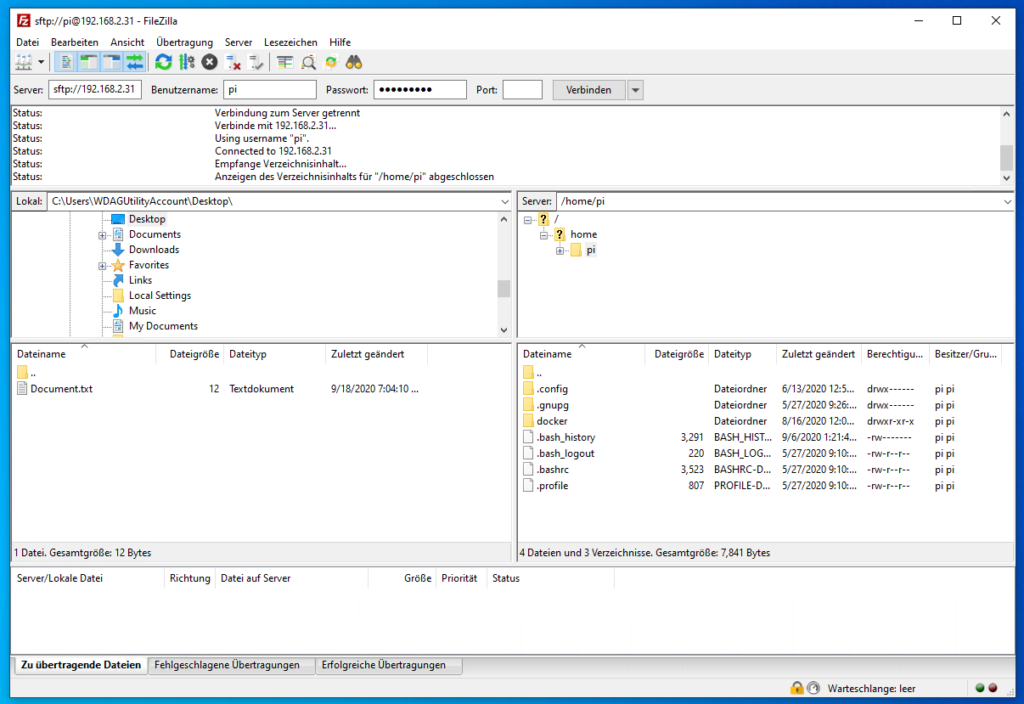

to allow for file download when chrootdirectory is a /D symlink? or am I doing something wrong? Is this something that the code can be updated for, i.e. when using a /D symlink as chrootdirectory (whilst if we dont use a chrootdirectory and navigate to the symlink manually we can indeed download the files from the referred directory, so NTFS is all ok).

we could not download files with error: permission denied,.we could browse the directory structure and retrieve folder listing, but.
We came across similar sftp symptoms in that. It is some strange behaviour of OpenSSH in combination with ChrootDirectory and Junctions.Īny idea why this is happening? If you need more information, feel free to ask! So this seems not to be related to any permission issues in Windows. If you do so, and navigate to your /C/Symlinks/C/Temp folder, and then try to copy a file, everything works fine. Also create a folder Temp on C:\ to copy data to laterģ.) In the Windows file system, create a Junction like this: mklink /J C:\Symlinks\C C:\Ĥ.) In the sshd_config, set: ChrootDirectory C:\Symlinksĥ.) Access your sftp Server using Winscp, Filezilla or a client of your choiceĦ.) In the sftp client, navigate to /C/Temp (note: /C is the junction we created in setp 3)ħ.) the copy process will fail, creating a file of 0KB size, and a permission denied error.Īdditional information: if you do NOT set ChrootDirectory, you will be taken to the Users Homepath by default. Steps to teproduce:ġ.) Install the latest OpenSSH Build for Windows (in my case 1607 LTSB, so I install it manually, by downloading the package from the binaries page on Github)Ģ.) In the Windows file system, create a folder Symlinks on C. When I try to copy files to a symlinked / junctioned folder in Windows 10, I get a file of 0KB size and an error "permission denied".


 0 kommentar(er)
0 kommentar(er)
